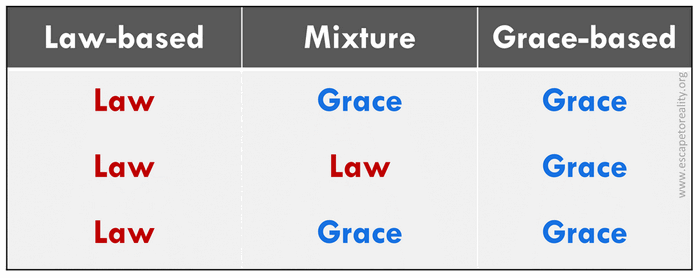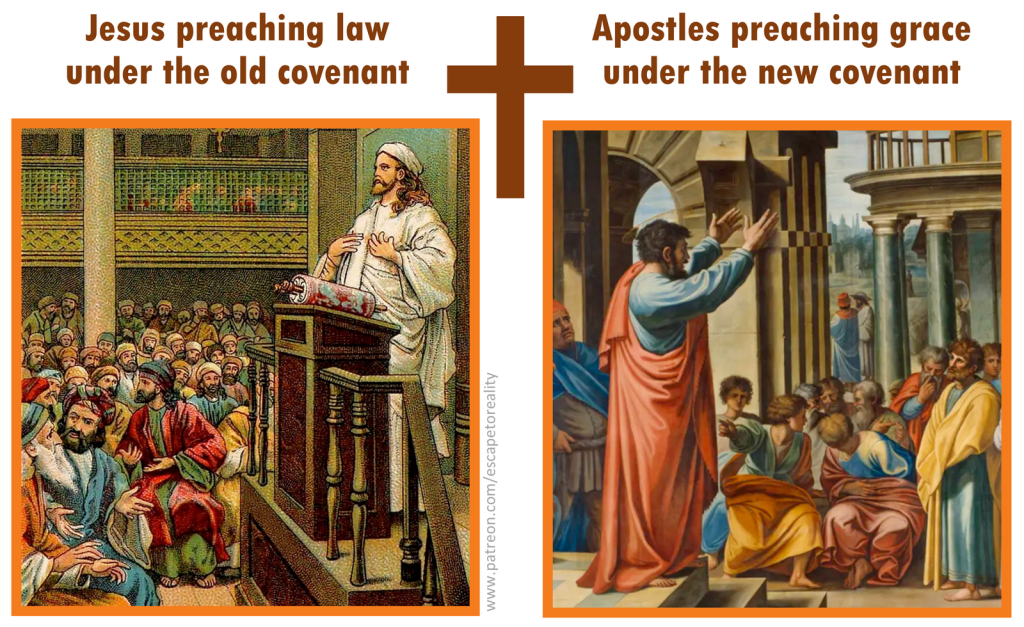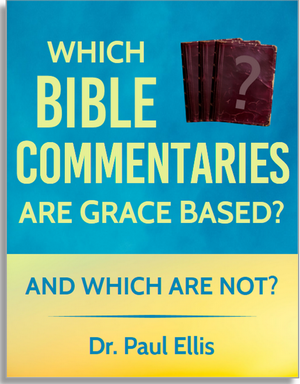
Back in the 1980s, I smuggled Bibles into China. I can remember the tears of joy that Chinese believers shed had when they received their first Bibles. Until they got a Bible, Chinese believers mostly relied on copied bits of scripture.
Many of us take the Bible for granted. We don’t really read it. We skim our favorite bits and ignore the rest. If a scripture seems tricky or the language is archaic, we just skip ahead to something we understand.
Which is a shame, because Paul did not say “Parts of scripture are useful for training in righteousness” (2 Tim. 3:16). We need all of it.
Imagine you lived someplace where there were no Bibles. If you only had access to one book of the Bible, which would you pick? For me it would be a choice between the Gospel of John and the Epistle to the Ephesians. Or Romans. And Psalms. I can’t choose.
But for the sake of argument, let’s say I picked Ephesians. Why Ephesians? Ephesians has been called the crown of Paul’s writings. It is an epistle full of pictures of a great God who has poured out his grace and favor upon us.
I feel qualified to say this because I have just finished writing a verse-by-verse commentary for the entire letter. While writing The Grace Bible: Ephesians, I was often amazed at how much treasure was contained in even the smallest verses. Consider this example:
Blessed be the God and Father of our Lord Jesus Christ, who has blessed us with every spiritual blessing in the heavenly places in Christ, (Eph. 2:3)
Let’s take a minute to look at these words closely.
“God and Father.” Everything Paul says in his breath-taking letter begins with a revelation of our God and Father and what he has done for us. God blessed us (Eph. 1:3); God chose us before the foundation of the world (Eph. 1:4); God predestined us to be his sons (Eph. 1:5); God redeemed us from captivity and forgave all our sins (Eph. 1:7).
Ephesians is not about what you must do for God, but what God has done for you, and what you can do because of what he has done. Because he has redeemed you, you can live free. Because he has blessed you, you can bless others. Because he has revealed his eternal plan, you can live with purpose.
“Blessed.” There are three blessed words in this verse: blessed be (eulogetos) means God is praiseworthy; blessed us (eulogeo) means God speaks words of favor and prospers us; and blessing (eulogia) means bountiful favor. We bless God because he has blessed or favored us with every kind of spiritual blessing. We praise him because he is an awesome God who has done awesome things.
“Has blessed us.” God has abundantly provided everything we need for life and godliness (Php. 4:19, 2 Pet. 1:3). He has blessed us with forgiveness (Eph. 1:7), salvation (Eph. 1:13), the Holy Spirit (Eph. 1:13), and an inheritance (Eph. 1:11). He has adopted us (Eph. 1:5), empowered us (Eph. 1:19), and built us into his holy habitation (Eph. 2:22).
We don’t need to beg and pound the gates of heaven to convince God to bless us. Our part is to acknowledge every good thing that is already ours in Christ Jesus (Phm. 1:6). Our part is to receive by faith that which God has already provided.
“Spiritual blessing.” The blessings of God originate in the heavenly or spiritual realm which means they are unmarred by this fallen world. God’s blessings are heavenly remedies for worldly woes. The blessings of God are not earned through service to the Lord or works of charity or by making donations. They are given to us freely by grace and received by faith.
“Heavenly places.” The spiritual realm is the geography of angels and demons. This realm includes the heavenly kingdom, where Christ sits enthroned (Acts 7:55, Eph. 2:6). It also includes the broader heavenly realm, where spiritual warfare takes place (Eph. 3:10, 6:12). “Heavenly places” should not be confused with the natural heavens or the starry sky. The spiritual realm is just as real as the physical realm, but the two realms are distinct.
“In Christ.” All of God’s blessings are received and experienced through our spiritual union with the Lord. “In union with Christ you have become rich in all things” (1 Cor. 1:5, GNB).
The word union does not appear in many English Bibles, but our union, or fellowship, with the Lord is mentioned hundreds of times in scripture. It is found in phrases like, “God with us,” “Christ in you,” “in Christ,” “with Christ,” “with him,” and “in him.” Like a branch on a vine, the believer is one with the Lord (John 15:5). “You are in me and I am in you” (John 14:20). Our union with the Lord is intimate, unbreakable, and the means by which we experience the abundant life that flows from the fullness of his love.
Selah.
I have just given you six entries or insights into part of one small verse. In my new book, there are nearly 700 entries covering every verse and phrase in Ephesians. The Grace Bible: Ephesians comes out at the end of August, but advance review copies are available now on Patreon and on the E2R Supporters’ page.




